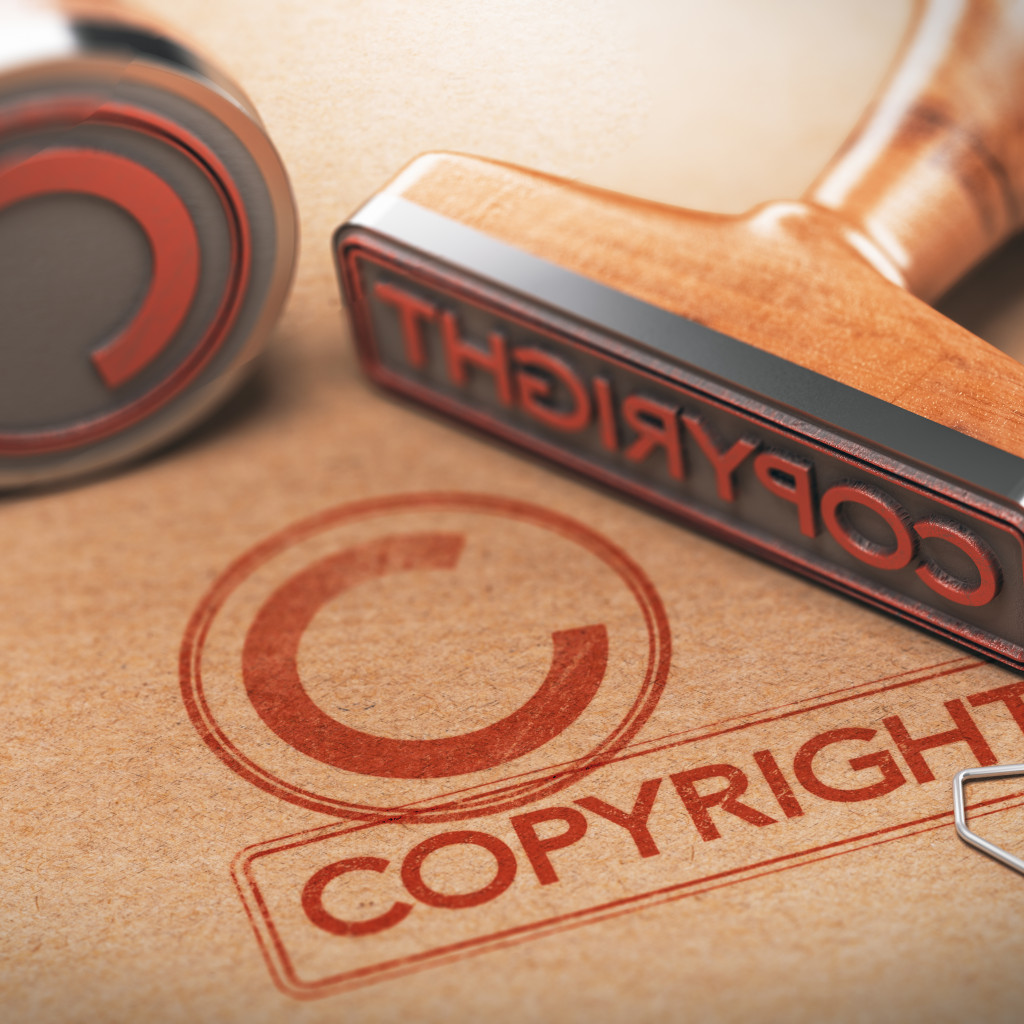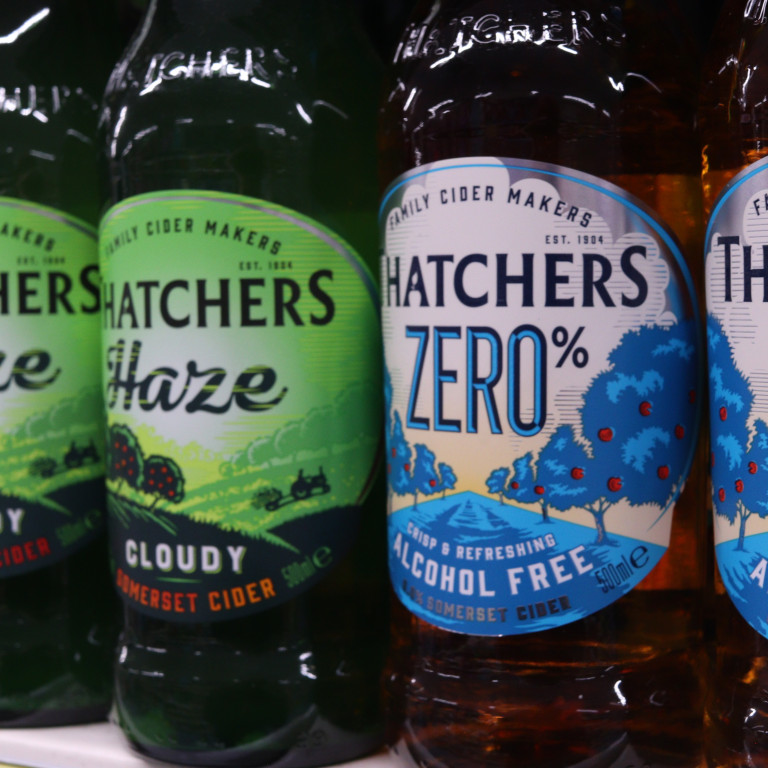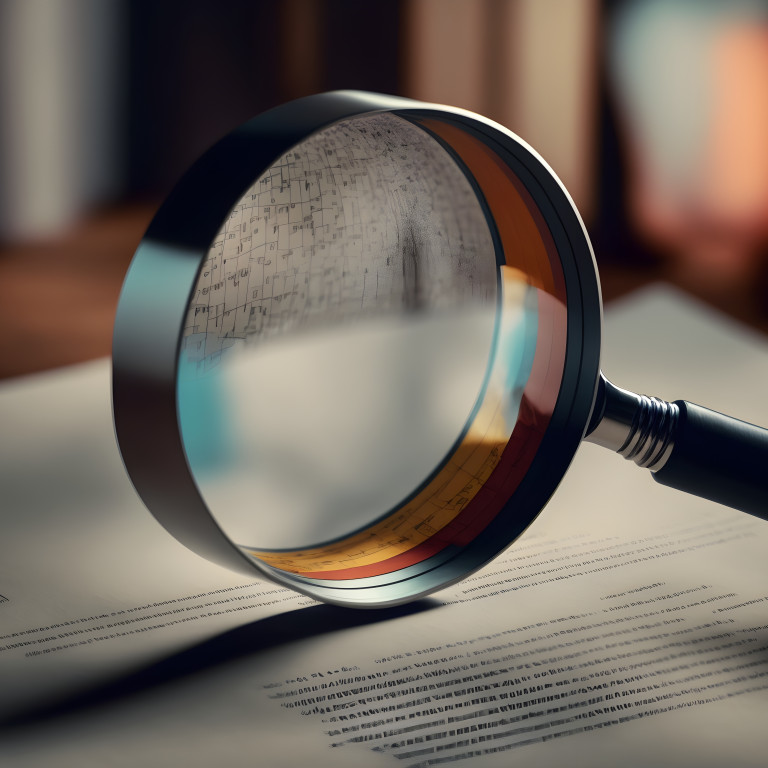Copyright does not protect a mere idea, but it can protect an original idea that is captured in some recorded form, for example, when a design is drawn on paper, a photograph is taken or a business plan is written up. It is common to work with freelancers such as website and graphic designers and to collaborate with other individuals during the early stages of setting up a business. If the copyright position is not discussed before “works” are created, this can easily lead to copyright disputes.
How does copyright protection work?
Copyright is the legal property right of the owner of intellectual property. This is an unusual concept but it helps if you think of copyright as property that belongs to the person who created it. Put simply, copyright is the right to copy and only the owner can copy (reproduce), sell, transfer, and licence the copyright to generate income.
Take a website for example:
- The written content on a web page, such as articles or blog posts, can enjoy protection as literary works.
- Photographs, graphics, and other interactive elements can enjoy copyright protection as artistic works.
- The HTML, CSS, and JavaScript codes for a website are considered original work and are therefore protected by copyright as literary works.
The protection against copying is enjoyed regardless of literary or artistic merit, what matters is whether the work is original.
Who owns the copyright?
The author has copyright protection automatically – no need to register or pay a fee as with trade marks and registered designs. There is no register of copyright works in the UK.
The first owner of the copyright in the works is the author unless there is an agreement to the contrary. There is an exception in the employment context where the employer owns the copyright in works created by the employee in the course of employment. This does not apply to commissioned works and problems often arise when working with freelancers at the commencement of a business venture. The legal effect of this is that:
- If there was no agreement about copyright ownership before works have been created, the general position is that copyright vests in the author of the work.
- If you are a director of a company but not its employee, you will be the copyright owner in works you create, not the company, unless there was an agreement to the contrary before the works were created.
- If you commissioned the works, you will not be the copyright owner unless there was an agreement to the contrary before the works were created.
- If more than one individual has created the works in collaboration, the copyright may be jointly owned which raises further questions.
- To transfer the copyright ownership after works have been created you need a copyright assignment and there are necessary formalities.
What if there is an agreement about copyright ownership after the works have already been created?
- Such an agreement will not transfer the rights unless it is a valid copyright assignment.
- But if it only refers to transferring copyright in future works that will be created after the contract has been signed, the future copyright will be transferred.
Why does ownership matter?
Only the copyright owner has the legal right to:
- Exploit the copyright e.g. by reproducing the work.
- Grant copyright licences to third parties.
- Assign the copyright e.g. as part of the sale of a business; and
- Pursue third parties for copyright infringement.
How can Tozers help me?
The best way to avoid costly and time-consuming legal disputes is to enter into a written agreement as early as possible and before the creative process starts. We can assist you by:
- Reviewing and amending your contracts with employees and freelancers.
- Drafting copyright agreements for use with freelancers and other individuals you may collaborate with before works are created,
- Drafting directors’ service contracts to deal with the ownership of intellectual property, including copyright.
- Reviewing and identifying copyright ownership and drafting copyright assignments where required.
How Tozers can help
If you would like help or support with the joint ownership of copyright, or you think somebody has infringed your copyright, talk to a specialist Intellectual Property lawyer for advice on 01392 207020 or email enquiries@tozers.co.uk.




